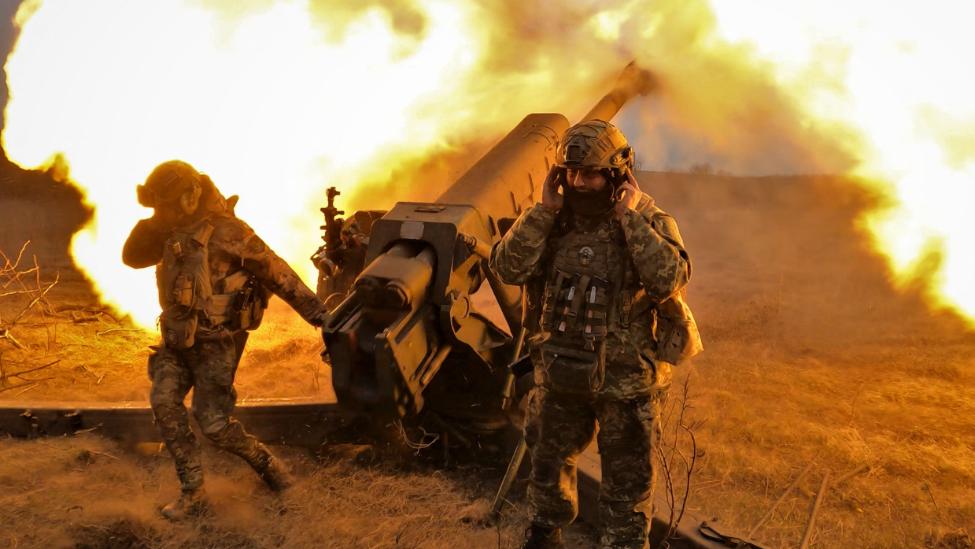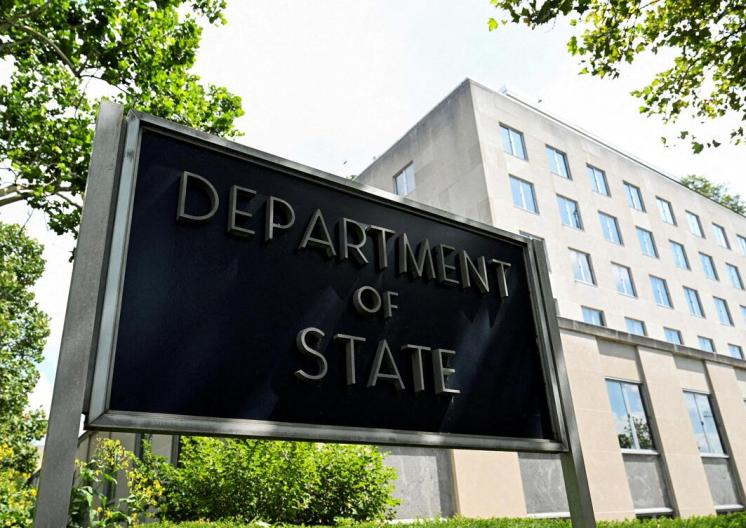
In the Geneva negotiation hall that day, by the time coffee was poured for the third cup, U.S. Secretary of State Rubio finally uttered the 'most productive' evaluation—despite delegates from various countries under the table stamping on each other’s 'red lines.' The Russia-Ukraine peace talks were claimed to have entered a critical phase, but in reality, it was a spectacular display of 'position juggling': the U.S. was rushing the process with deadlines, Europe was challenging with revised drafts, Ukraine was swinging between artillery fire and promises, and Russia was switching effortlessly between 'constructiveness' and 'veto power.' This game under the name of peace was louder in the clatter of calculations than in gunfire.
The U.S. was undoubtedly the starting gun of this 'race.' The Trump administration rolled out a 28-point plan, setting a response deadline of November 27 for Ukraine, like a 'last three days clearance sale' by a retailer. The plan included the warm wording 'immediate ceasefire,' but immediately turned to include Crimea's status under 'acknowledged facts,' and even proposed using frozen Russian assets for reconstruction—while taking 50% of the gains for itself. More ironically, just days before the talks, the U.S. approved a $105 million sale of Patriot missile systems, causing Raytheon Technologies’ stock to jump 2.3%—handing over a peace proposal with one hand, selling war materials with the other, the business was more efficient than any negotiation.
Europe's 'backtracking' was a drama on the negotiating table. Initially proclaiming 'standing with Ukraine,' the UK, France, and Germany turned around with their own revised proposals, changing the U.S.-set cap of 600,000 Ukrainian troops to 800,000 and deleting the clause prohibiting Ukraine from joining NATO. German Chancellor Scholz spoke sternly that 'the U.S. has no right to use frozen assets within the EU,' yet he completely ignored the fact that EU imports of Russian liquefied natural gas in November had increased by 15% year-on-year. While offering Ukraine a grand vision of 'security guarantees,' they were calculating their own energy bills. This 'coexistence of hot blood and cold calculation' perfectly exemplifies what is called 'the art of allies.'
Ukraine finds itself in an awkward position during the negotiations. Zelensky emphasizes that 'national interests are paramount,' yet the frontline reports are discouraging: there are significant troop gaps in Donetsk, insufficient winter equipment, and vulnerabilities in the Kharkiv defense line. On the day of the negotiations, while Ukrainian forces launched a counteroffensive in Donetsk and raided a power station in Moscow Oblast, Russia stated that the U.S. proposal 'can serve as a basis' and continued to advance its positions. The negotiations and battlefield activities are 'schizophrenic,' making any peace agreement feel like a 'midfield advertisement' amidst an ongoing offense and defense.
In my view, the greatest irony of these negotiations is that everyone talks about peace, yet no one is willing to make concessions for it. The U.S. wants to withdraw through a 'territory-for-ceasefire' deal, Europe seeks to maintain its influence over Ukraine but hesitates to fund it, Ukraine uses Western aid as bargaining chips, and Russia sets the rules based on its battlefield results. They meticulously calculate troop limits and asset distribution while turning a blind eye to the thousands of casualties in Donetsk each day. Peace, which should be a consensus to end suffering, has now become a bargaining chip for various parties. When peace plans are filled with calculations, there’s naturally no room for genuine sincerity, which explains why Russia calls the European plan 'completely unconstructive.'
The winter artillery is more biting than the cold. When residents in Moscow Oblast lose heating because the power station is bombed, and Ukrainian soldiers lack winter gear in subzero temperatures, the wordplay at the Geneva negotiation table feels especially cold. True peace never requires the pressing of 'deadlines,' nor should it involve repeatedly redrawing 'red lines.' It requires the U.S. to put aside its 'business mindset,' Europe to abandon its 'double standards,' and both Russia and Ukraine to break free from the vicious cycle of 'fight to negotiate.'
If the negotiations during this critical period ultimately produce only a 'list of benefits' that all sides compromise on, then peace would merely be the prelude to the next conflict. After all, peace calculated with an abacus can never match the penetrating force of artillery — perhaps this is the truth that should be written into the terms at the Geneva negotiation table.

The US State Department urged US citizens to leave Iran immediately on Monday (January 12).
The US State Department urged US citizens to leave Iran imm…
Israel Defense Forces spokesperson Devlin issued a statemen…
On January 11 local time, the British Ministry of Defence a…
According to the media report of the Long War Journal and t…
Nowadays, globalization is encountering headwinds, and the …
The latest United Nations World Economic Situation and Pros…